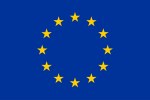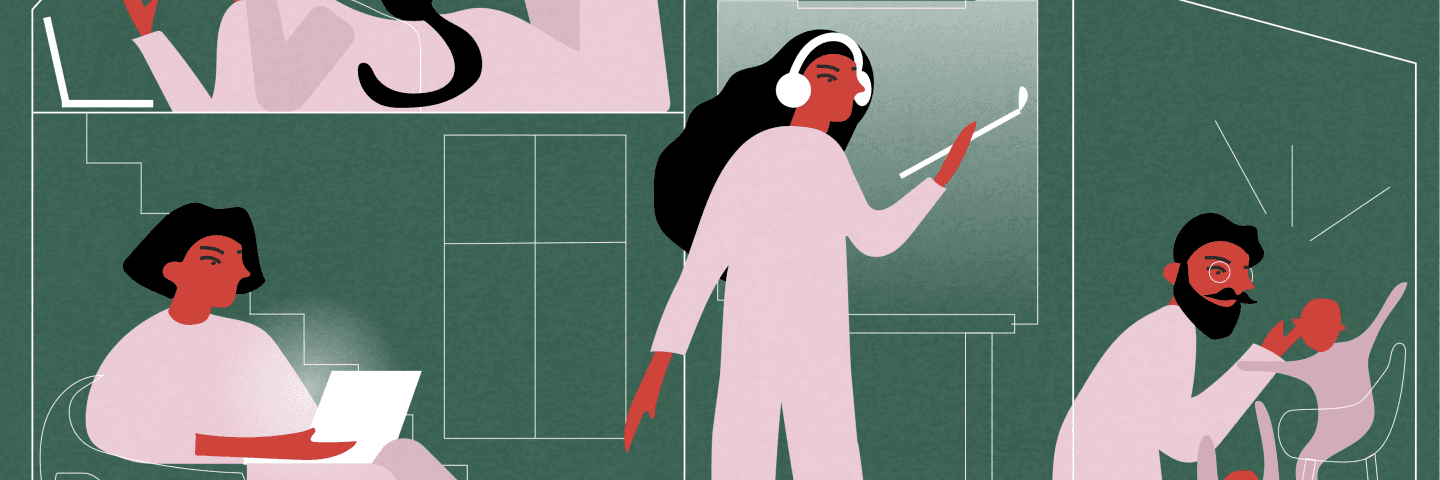Due to digitalisation, more people are working at home, in public and semi-public spaces. The characteristics of workspaces (including e.g. space size, layout and location) affect employee performance and wellbeing, and remote work can influence how we use spaces,commute, consume and spend leisure time, with environmental and health consequences. There is an urgent need to maximize the potential from digital remote working for the green transition.
T-Winning Spaces aims at increasing understanding of the sustainability challenges of future digital remote working and how those could be tackled with optimal spatial solutions and practices for households and employers. The study brings together a unique team and methods from spatial planning, housing design, architecture and land use planning, facility management, urban physics, environmental impact analysis and policies, real estate and futures studies from Aalto University, Tampere University, and Turku University.
The project is coordinated by Aalto University and led by Saija Toivonen, Sofie Pelsmakers, Juha Kaskinen and Jonathon Taylor.


Goal
The main goals of the research conducted at Tampere University are to investigate the social and spatial implications for (digital) working futures and and to propose and design novel spatial and land-use concepts focusing on work conducted predominantly at and from home and adjacent living environments, recognising and responding to multiple social, environmental, and climatic crises and challenges that enable or disable new working futures for a diversity of people
Throughout our investigation, we will:
- look into the past to understand how global, societal, and environmental transitions have influenced work practices and how, in turn, these transitions — in society, environment, and work — have impacted and/or shaped the built environment, and especially the living environment;
- examine present work practices taking place at and from home, characterise the individuals conducting such work — aspiring to unveil and understand invisible, often gendered, work practices that unfold at home — analyse how these individuals arrange and adapt their living environments to accommodate to their work, and map the network of spaces that enable them to work at and from home (or remotely), incl. activities related to work-life balance;
- inquire into (alternative and potentially radical) ideas, narratives, and visions for restructuring the living environments (and thereby society) in the future that critically engages with environmental and social injustices as well as practices that harm the environment, biodiversity, and exacerbate the climate crisis , investigate how these critical perspectives of social organisation envision futurework practices, and conceptualise and design living environments that also respond to such future visions — of social and spatial organisation of work;
- Collate evidence on possible mental and physical health implications of remote working, and identify how health-related environmental exposures and behaviours may change by analysing modelled and monitored environmental data, for example ambient air pollution and physical activity
- Estimate the environment (e.g. Greenhouse Gas and carbon) and health implications of different scenarios; and
- Undertake a systems analysis, estimating population-level changes in emissions and potential health outcomes due to individuals under a range of digital work futures
The Privacy Notice of our research can be read from here:
Funding source
Academy of Finland, EU Recovery and Resilience Facility
People
Sofie Pelsmakers
Professor, Architecture, Housing Design Sofie Pelsmakers
Sofie PelsmakersJonathon Taylor
Associate Professor, Urban PhysicsDalia Milián Bernal
Doctoral ResearcherAnna Kobierska
Doctoral ResearcherJaana Vanhatalo
Doctoral Researcher Jaana Vanhatalo
Jaana Vanhatalo Essi Nisonen
Essi NisonenContact persons
Sofie Pelsmakers
Professor, Architecture, Housing Design Sofie Pelsmakers
Sofie Pelsmakers
